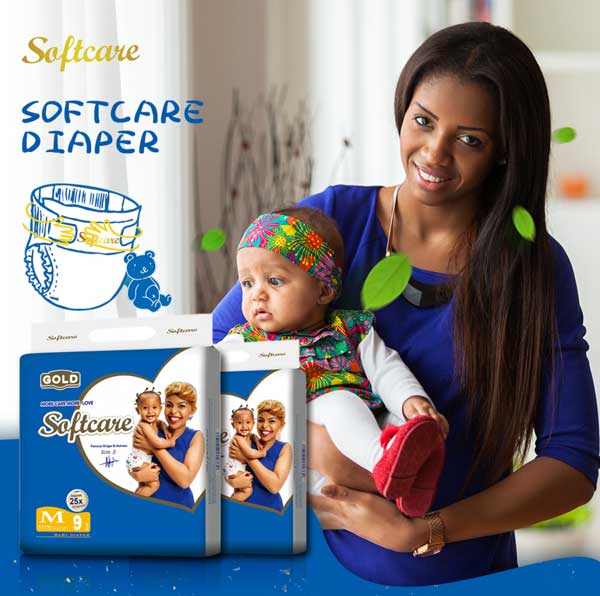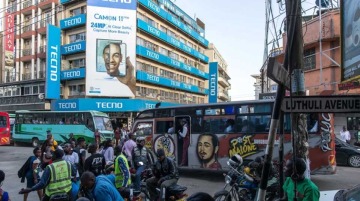
When Softcare debuted on the Hong Kong Stock Exchange on November 10, few outside Asia had heard of it. Yet the “King of African Diapers” saw its shares jump 33% on day one, valuing the company at over $2.57 billion. Unlike the tech startups dominating headlines, Softcare sells something far more ordinary: baby diapers and sanitary pads.
The story behind this surprising success begins with a married couple and former classmates from Harbin Engineering University, Shen Yanchang and Yang Yanjuan. After graduating with a degree in industrial automation in 1996, Shen entered a secure government job, while Yang pursued academic research at the university. But in 1997, Shen quit his stable post to join a Hong Kong enterprise and moved to Nigeria.
After serving his employer for several years in African exports, he returned to China to start his own business. He moved with his wife to Guangzhou to establish the predecessor of Senda Group, focusing on small commodity trade.
By 2004, the company expanded its footprint directly into West Africa, opening offices in Ghana, the Ivory Coast, Tanzania, Kenya, Zambia, and Nigeria.

But the path was far from smooth. At the time, retail networks across sub-Saharan Africa were dominated by Indian-descendant merchants, and Chinese businesses had little presence. Even the later-famous “African mobile phone king,” Transsion, had not yet entered the market.
Faced with this challenge, Shen chose a harder strategy but ultimately wiser: instead of relying on top-level distributors to cover entire regions, he bypassed them entirely. He went straight into communities and towns to develop second-tier distributors—smaller local vendors.
To support these fledgling partners, Shen and his team introduced innovative measures: absorbing product losses, helping build retail shops, running local ads, and creating a points-based rewards system for distributors. These approaches were rudimentary but effective, allowing Senda to steadily weave a deep, resilient network capable of spotting and meeting market demand faster than competitors.
In 2009, as urbanization surged across Africa, the couple identified a profound market gap: affordable, locally relevant baby diapers and women’s sanitary products. Many African families were still using cloth or leaves for hygiene, while imported diapers were prohibitively expensive. Softcare was born as Senda’s hygiene division, initially relying on “Made in China, sold in Africa” exports. But high tariffs and slow logistics soon revealed the limitations of this model.
By 2018, Softcare began establishing local production in Ghana, followed by Kenya, Senegal, Zambia, and other countries. The company now operates 18 modern factories with 51 production lines, producing over 6.3 billion baby diapers and nearly 2.9 billion sanitary pads annually. Through local manufacturing and rigorous cost optimization, Softcare offers products at prices as low as 8.3 US cents per diaper and 4.72 cents per sanitary pad, with small-pack options tailored for low-income households.
With Africa’s population expected to double to 2.5 billion by 2050, the market for baby diapers and sanitary products is poised for massive growth, projected to reach $5.6 billion by 2029.
Beyond Africa, Softcare is also exploring emerging markets in Latin America and Central Asia, where demand for affordable hygiene products is rising.
Why this is important: Softcare’s journey illustrates how combining deep market insight, operational rigor, and local production can turn even the most traditional products into high-growth, high-impact businesses.











